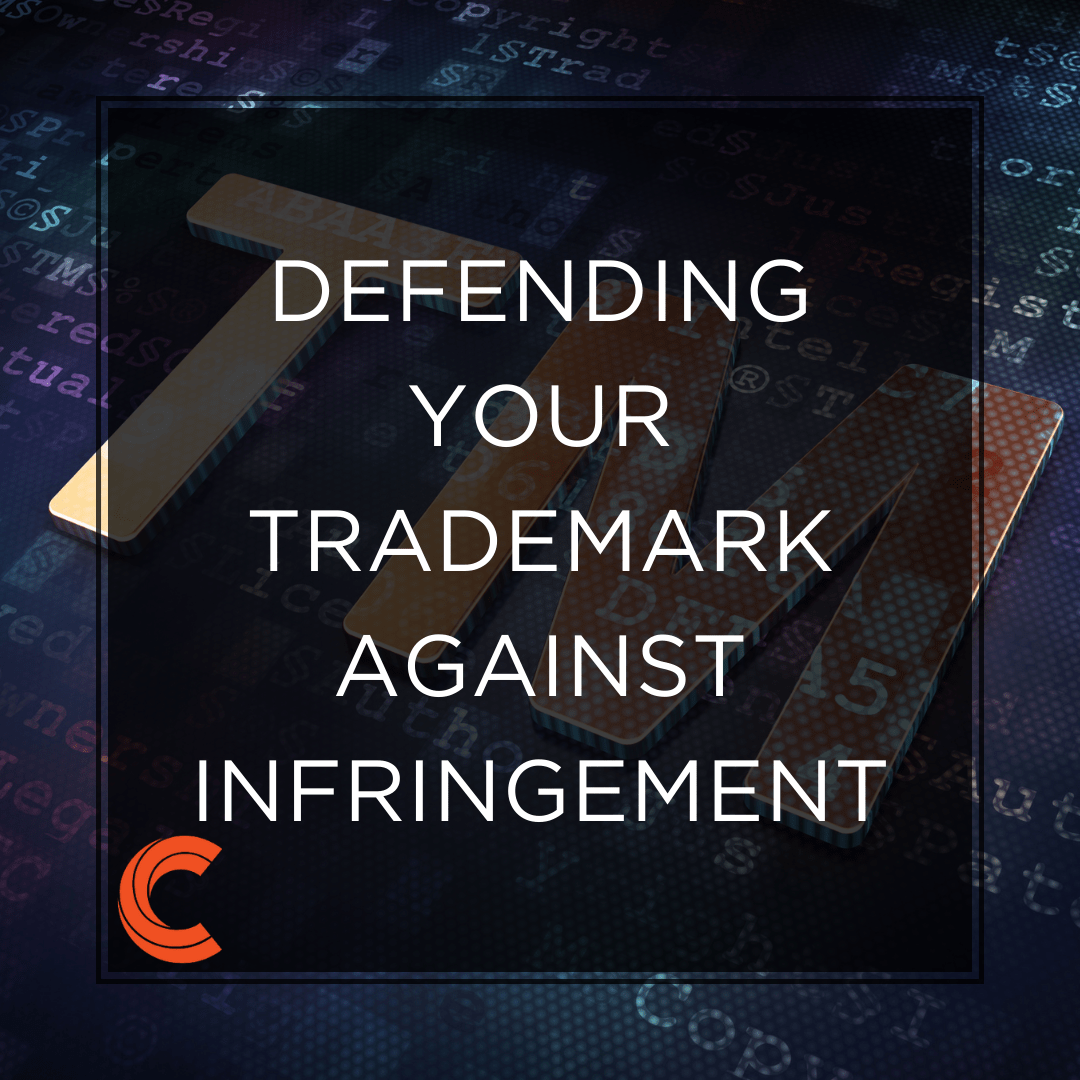A trademark is more than just a name or logo; it’s the cornerstone of your brand identity. Protecting your trademark is crucial for safeguarding your business reputation and market share. Understanding the trademark infringement signs and the potential pitfalls is essential for business owners. This guide will walk you through the steps involved in protecting your brand and provide insights into potential challenges.
What is Trademark Infringement?
Trademark infringement happens when someone uses a trademark similar to yours. This can confuse customers and damage your brand.
Signs of Trademark Infringement
Watch for these signs:
- A similar logo or name
- Products or services similar to yours
- Use of your trademark without permission
Steps to Take to Avoid Infringement
- Document the incident: Collect evidence like websites, products, or advertising materials.
- Consult with an attorney: A lawyer can assess your case and advise on next steps.
- Send a cease and desist letter: This formally demands the infringer to stop using your trademark.
- Consider alternative dispute resolution: Mediation or arbitration can resolve the issue without court.
- File a lawsuit: If other options fail, you can sue the infringer for damages.
Protecting Your Trademark
To protect your trademark, consider these tips:
- Register your trademark: This gives you stronger legal rights.
- Monitor for infringement: Regularly check for similar trademarks.
- Educate employees: Make sure your team understands the importance of protecting your trademark.
Getting Help with a Trademark
Protecting your trademark is a proactive step towards protecting your brand’s future. By understanding the trademark infringement risks and seeking expert guidance when needed, you can safely travel the legal landscape and ensure your brand remains distinctive and easy to recognize. Remember, a strong trademark is an invaluable asset for your business.
To safeguard your brand and ensure its longevity, contact Carbon Law Group today for expert trademark assistance.
Remember: Protecting your trademark is crucial for the success of your business. Take action as soon as you suspect a problem.





